AI has changed the face of medicine in ways that once seemed out of reach. This technology and machine learning tools can diagnose conditions, support treatment choices, and provide data-driven insights to support healthcare decisions.
Hospitals, clinics, research centers, and private practices now use these tools to improve the accuracy and speed of patient care. McKinsey & Company’s recent survey reveals that 85 percent of healthcare leaders are either exploring or have adopted generative AI.
This article highlights 10 benefits of AI in healthcare. Read on to see how it strengthens diagnostics, supports research, improves operational efficiency, and creates opportunities for personalized medicine.
Key benefits of AI in healthcare
AI has brought several measurable improvements to the healthcare system, including advanced diagnostics, that is, the use of algorithms to help clinicians identify conditions with higher accuracy. This particular advancement leads to earlier detection and more informed treatment decisions.
The technology also has lowered costs by reducing unnecessary tests, minimizing errors, and improving resource allocation. Healthcare organizations have also seen gains in efficiency with AI, as workflows become more structured and less time consuming.
In addition to supporting operations, AI also helps personalize treatments for patients. The following list outlines why healthcare organizations of all sizes are integrating AI into patient care systems.
1. Improved diagnostic accuracy
Accurate diagnosis forms the foundation of effective treatment, and AI is helping clinicians reach that goal with greater consistency. Algorithms trained on vast datasets can analyze medical images, lab results, and patient histories to identify signs of diseases that staff may overlook.
In fields such as oncology and cardiology, AI medical diagnosis models are detecting cancers at earlier stages and identifying subtle indicators of heart disease. Deep-learning systems show particular effectiveness at reading X-rays, MRI results, and CT scans to provide a valuable second option that supports clinical judgment.
In breast cancer screening research by Google, an AI medical diagnosis system reduced false positives by 5.7 percent and false negatives by 9.4 percent. It also outperformed six radiologists and minimized the second reader’s (radiologist) by 88 percent.
2. Faster and more efficient medical processes
Healthcare organizations face constant pressure to manage growing patient numbers. AI can help streamline operations by handling routine, time-consuming administrative tasks. These duties include patient data entry, appointment scheduling, reminders, records management, and patient follow-up.
Automating these tasks reduces wait times and enables medical professionals to spend more time on direct patient care than on paperwork. AI-powered tools also support more efficient patient interactions.
For example, digital intake systems can prefill forms based on prior data, flag inconsistencies, and guide patients through the process. Jotform AI Agents take this a step further by transforming forms into interactive, conversational experiences.
Staff can train these agents using documents or URLs. After your staff customizes the agents through the agent builder, the AI tool can handle patient queries, gather information, and manage workflows. You don’t need to know how to code to use the builder, but you have the option to start from scratch or use an existing Jotform template.
A notable agent for intake is the Hospice Care Coordinator AI Agent, which helps families dealing with hospice care. It guides them through form completion using a conversational, compassionate tone. Hospitals can use this AI Agent to collect patient information and communicate with families about support options.
3. AI in personalized treatment plans
AI tools can analyze medical histories and genetic data to generate recommendations for a specific patient, advancing care personalization.
In addition, with predictive analytics, clinicians can identify patients at higher risk for complications.
In oncology, AI-assisted systems help adjust chemotherapy doses based on patient response patterns, which optimizes treatment effectiveness while minimizing side effects. One study showed that an algorithm predicted responses to standard chemotherapy for 175 cancer patients with over 80 percent accuracy, highlighting its potential to inform second-line treatment options.
All of this technological assistance results in proactive intervention with more precise monitoring.
4. AI in drug discovery and development
Drug development is traditionally time consuming and expensive, but AI is helping to shorten this process. Algorithms can predict which compounds are likely to be effective against particular diseases and narrow candidate lists early, reducing time spent on trial-and-error testing.
In 2021, AlphaFold, an AI system developed by DeepMind, predicted the structures for over 330,000 proteins, including 20,000 proteins of the human genetic makeup.
Since then, the AlphaFold Protein Structure Database has expanded to cover more than 200 million proteins, saving years and millions of dollars in research time.
Plus, AI improves clinical trial efficiency by identifying suitable participants and predicting outcomes.
Many AI companies partner with research institutions to facilitate drug development. For example, the collaboration between Numerate, an AI company, and Merck, a pharmaceutical company, will help develop new medicinal chemistry approaches.
5. Cost savings for healthcare institutions
Besides speeding up drug discovery and improving diagnostics, AI helps prevent unnecessary hospitalizations and readmissions, which ultimately reduces healthcare costs. Proponents suggest that AI and automation can save $200 to $360 billion in annual US healthcare spending.
Similarly, predictive analytics in healthcare can identify patients who can benefit from early interventions, enabling preventive care and avoiding costly complications. Operational efficiency also contributes to AI cost savings. Administrative tasks (such as claims processing, patient scheduling, and resource allocation) can be managed more effectively with AI-powered systems.
Hospitals that use these tools can enjoy smoother workflows and lower staffing costs. They can also use AI tools to monitor equipment usage and manage supply chains, which helps optimize resource allocation.
6. AI in robotic surgery
Robotic-assisted surgery combines surgical robots with AI-driven insights to enhance precision during complex procedures. AI helps surgeons map intricate anatomies and plan optimal incision paths. Its guidance also reduces the likelihood of surgical errors and shortens procedure times.
A study published in the Journal of Robotic Surgery revealed that AI-assisted robotic surgeries reduce intraoperative complications by 30 percent and decrease operative time by 25 percent. They also result in a 40 percent increase in surgical precision and lower patient recovery times by 15 percent. Even better, patients report lower postoperative pain in comparison to manual methods.
With these advancements, surgeries are safer, and patient recovery is smoother. Plus, hospitals can reduce surgical costs and improve their surgery success rates.
7. AI in remote patient monitoring and telemedicine
Wearable devices equipped with AI sensors can track patient vital signs (such as heart rate, blood pressure, glucose levels, and sleep patterns) in real time. These devices continuously send data to medical teams for early detection of issues.
For patients with chronic conditions, AI-driven monitoring systems can alert doctors to changes that may indicate disease progression or complications. Remote tracking also minimizes the need for frequent in-person visits.
Similarly, AI-powered chatbots and virtual health assistants support patient management by answering questions and providing reminders for medication or follow-ups. For example, Florence, a personal health assistant, can create medication reminders and find nearby healthcare professionals, while Youper, a mental health chatbot, offers personalized meditations.
8. AI in predictive analytics for disease prevention
AI can also analyze large volumes of patient data to identify people at risk for conditions like diabetes, heart disease, and respiratory illnesses, even before symptoms appear. Early identification opens the door for targeted preventive measures and lifestyle interventions. The use of AI-based healthcare approaches has reduced medication-related readmissions by 58 percent.
AI-assisted predictive analytics in healthcare can also analyze population health trends to find communities at risk and track emerging outbreaks. Providers can then monitor patients to flag early warning signs and intervene proactively.
9. AI and enhanced patient care experience
AI healthcare outcomes extend beyond clinical accuracy and include improvement of the overall patient experience. Medical chatbots instantly answer common questions and offer guidance on medications. So patients can access support at any time.
Also, with AI handling the administrative tasks, physicians have more time to listen and explain treatment options to patients.
For example, the Mayo Clinic uses AI to enhance patient care by rapidly identifying seizure hot spots, accelerating pathology diagnostics with digital slide analysis, and providing clinicians with personalized medication alerts. These tools reduce monitoring time and improve treatment precision.
10. AI in mental health support
AI tools also support mental health. Virtual therapists and AI-powered chatbots provide accessible, continuous support for individuals struggling with conditions such as depression, anxiety, and post-traumatic stress disorder. By analyzing user interactions and behavioral patterns, these tools can detect early warning signs of mental health challenges.
Platforms that deliver AI-driven cognitive behavioral therapy, such as Woebot Health and Wysa, offer interactive sessions that complement in-person treatment. These tools help patients practice coping strategies and access guidance outside clinic hours.
Some of these tools also integrate with wearable devices to monitor sleep, activity, or heart rate and to identify patterns linked to mood changes or stress. AI can support mental health professionals by triaging patients and highlighting those at risk. It can also analyze large datasets to identify trends across populations, allowing providers to plan preventive care programs.
Ethical considerations and risks of AI in healthcare
While there’s no denying the benefits of AI in healthcare, it’s also important to look at the risks. Data security stands out as one major concern in AI use. AI systems use massive amounts of patient information, including medical histories, genetic data, and behavioral patterns.
Without robust protections, this sensitive data could be exposed to breaches or misuse, compromising patient privacy and trust. IBM already reports that 13 percent of organizations have faced breaches of AI models, a trend likely to increase in the absence of a proper security framework.
Algorithmic bias constitutes another risk of AI in healthcare. If medical AI models are trained on datasets that are not diverse or representative, recommendations may inadvertently favor certain populations over others. These results can cause disparities in care and affect patient prioritization, undermining the promise of equitable healthcare outcomes.
Job displacement is also a potential consequence, as AI takes over administrative tasks or assists in clinical decision-making. AI may shift the required healthcare skill sets, necessitating retraining and careful workforce planning.
Ethical use of AI in healthcare demands ongoing human oversight. Clinicians, administrators, and technology teams must oversee AI’s recommendations to maintain transparency in decision-making. Organizations should also monitor systems regularly to identify biases and errors.
Ultimately, healthcare organizations will have to balance innovation with responsibility for the best results. They must embed ethical principles and emphasize staff oversight to maximize the use of AI in healthcare outcomes. Responsible implementation of AI will then support clinicians and patients without the risk of discrimination and unintended consequences.
This guide is for healthcare teams exploring practical ways to use AI, including doctors, nurses, clinic managers, hospital administrators, CIOs and IT leads, data analysts, compliance officers, telehealth coordinators, and research staff.
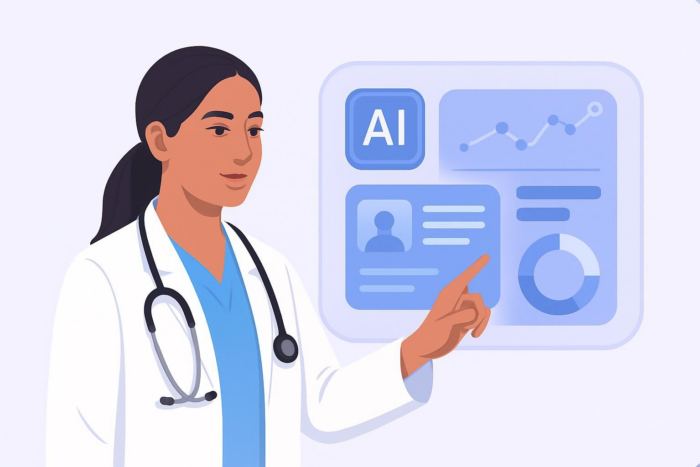

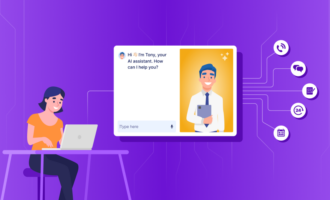
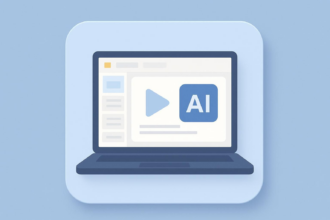
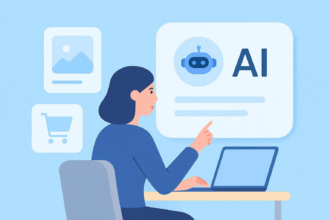




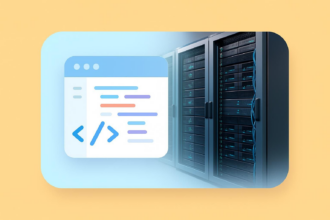



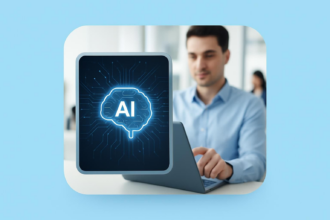
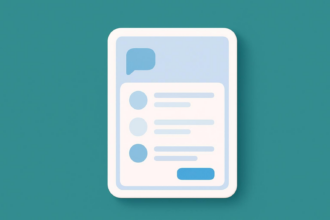
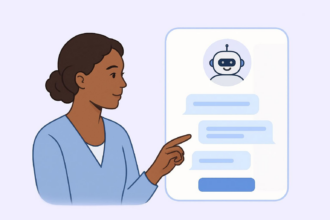

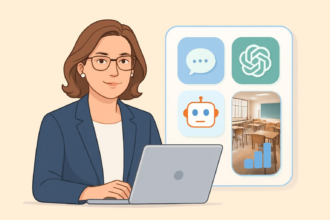

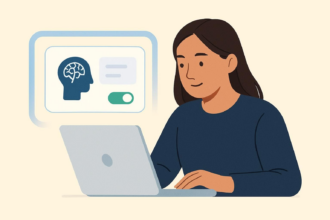





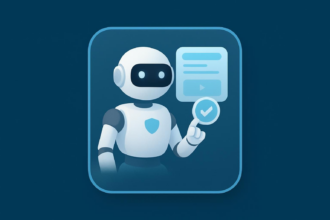



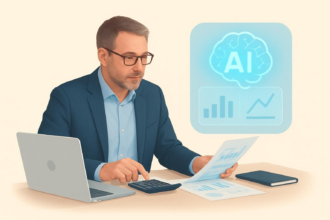

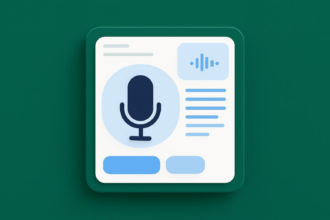







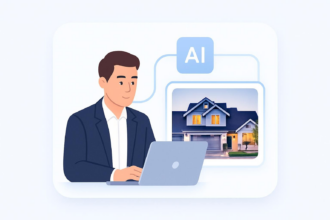









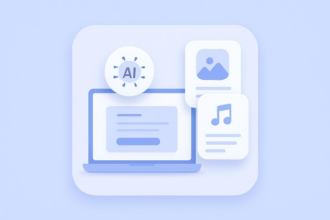




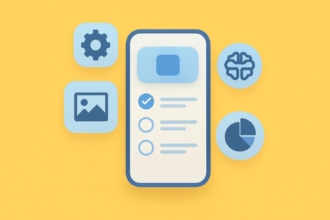


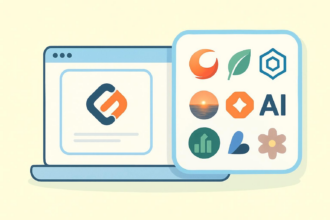
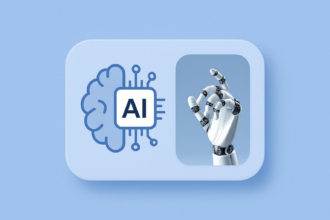
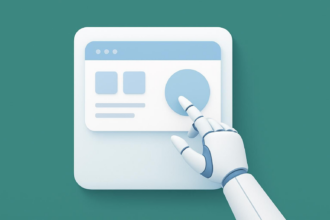
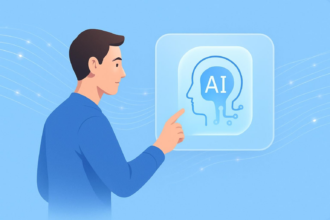
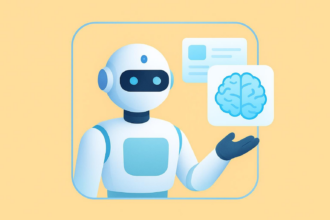
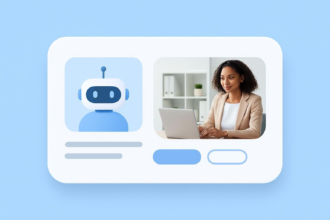

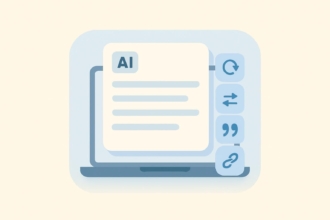
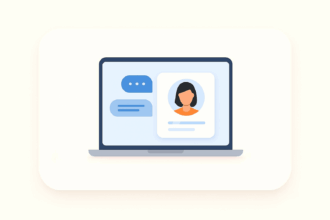





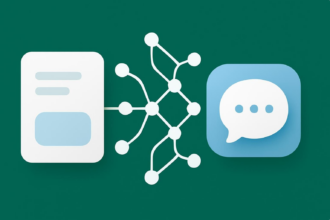



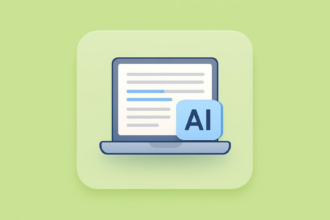

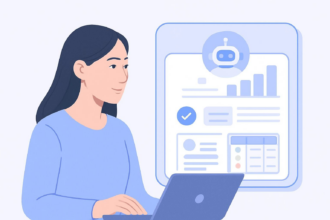

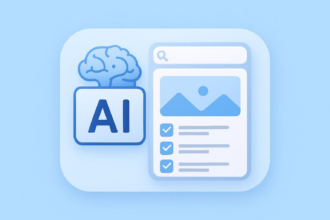
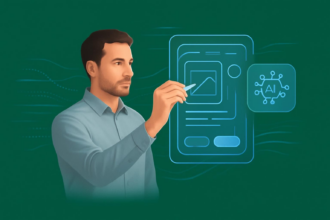
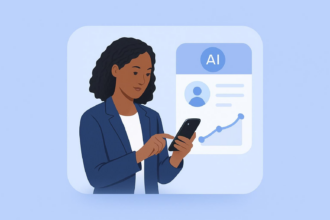

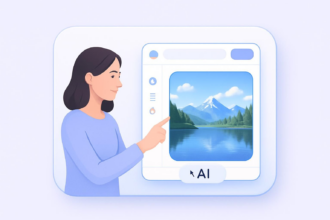

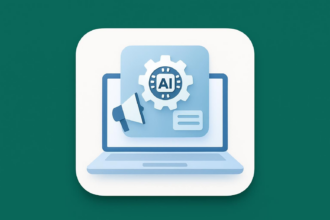


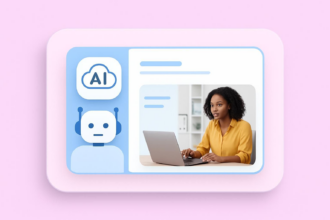




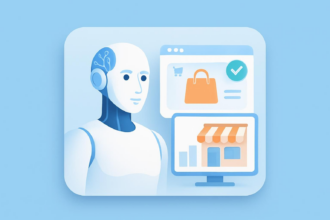

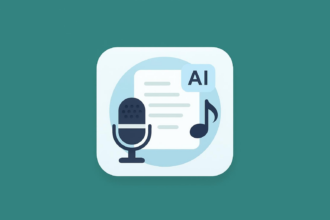



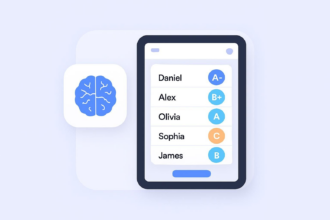
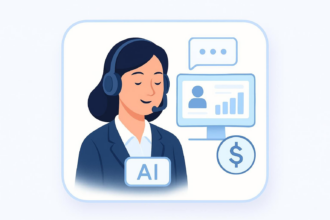
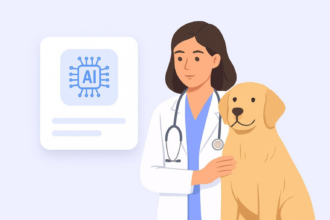
Send Comment: